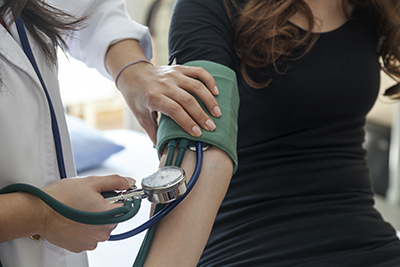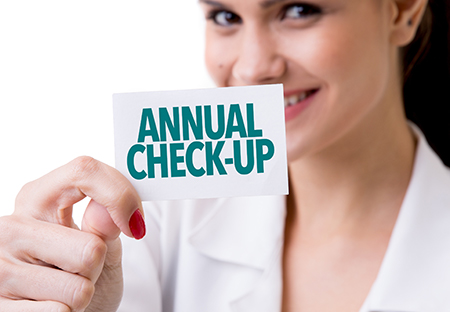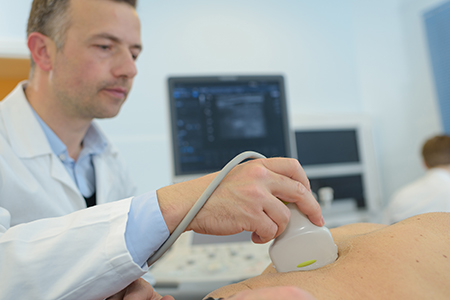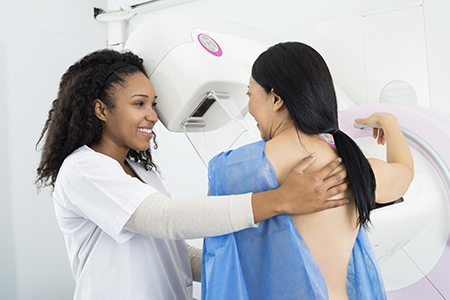What are the top 8 tips for a successful medical exam?
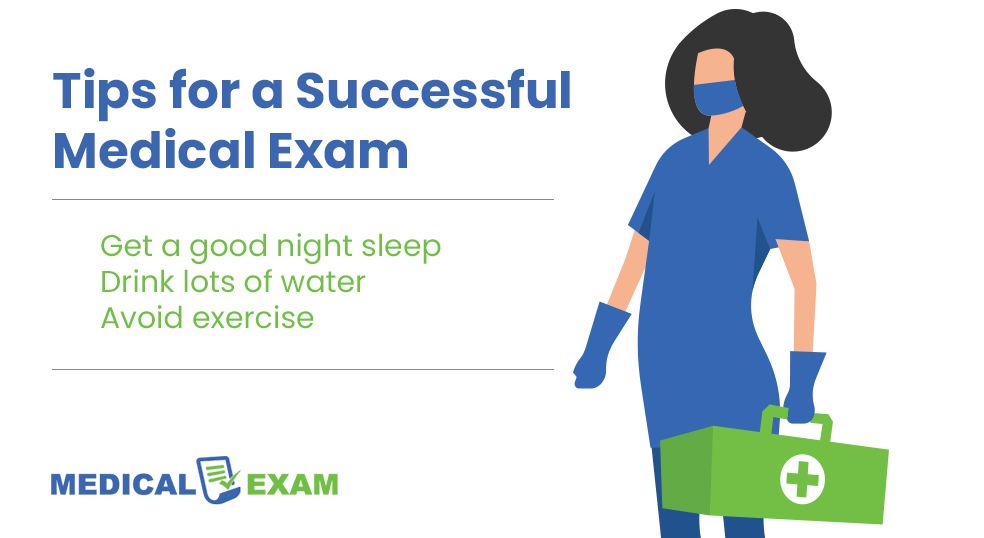
Doctors suggest that everyone should undergo a physical evaluation annually. The purpose of such visits is to monitor the status of your health. There are also other reasons that may require you to prepare for a medical exam. This may be when taking up a life insurance policy or a new job.
What can you do to be ready for a medical exam? How long does a physical take? What is a non physical appointment? These are some of the questions people ask themselves when it comes to setting up appointments for routine checkups.
In this article, we shall have a wellness exam vs physical exam disambiguation and discuss some the things you can do in preparation for success in your medical evaluation.
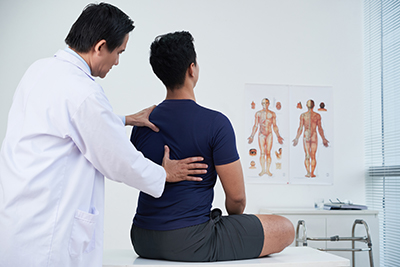
What is a Non Physical Appointment?
Non-physical exams are also known as wellness exams. They entail a visit to the doctor because of a specified reason. This may be to follow up on an already diagnosed issue, or because of one that is arising.
Wellness Exam vs Physical Exam
As we have seen, wellness exams are curative and are brought about by specific medical reasons. On the other hand, physical examinations are preventive. They involve a thorough assessment of one’s health, starting from how they feel, their medical history and age. The aim is to detect and mitigate any health issues before they arise. Many different tests including recommended annual blood tests are carried out during the evaluation. Now that you know the difference let us see how to prepare for a fast exam or a physical medical check up.
1. Get a good night sleep
If you are wondering how to pass a blood pressure test, you just need to relax. Getting enough sleep will do you good. Stress hormones can be regulated better when you are asleep. This will help your nervous system remain healthy and also reduce your blood pressure.
2. Drink lots of water
If you have ever wondered ‘ how long does a physical take?’ , you should know that it would take a significantly shorter time If you drink plenty of water. Being well hydrated will make it easier for the doctor to draw your blood and for you to produce the needed urine sample.
3. Avoid exercise
This is one thing you must do in preparation for success in your medical exam. Refrain from exercising or doing any physically strenuous activity the night and morning before your assessment. Your heart rate as well as your blood pressure may increase because of physical activity.
4. Avoid salty and fatty foods
Salt and fat will affect your cholesterol and blood pressure. Keep off such foods within the three days prior to your evaluation. Preferably, those who can manage should do it for a week, but the bare minimum is 24 hours.
5. Fast
It is highly recommended to fast for twelve hours before a physical exam. This is to prevent your blood sugar and pressure from elevating. Hopefully, by now your ‘ how to pass a blood pressure test ?’ jitters are somewhat settled.
6. Do not drink coffee or smoke
You shall have to forfeit your morning cup of coffee and cigarette to keep your blood pressure down. If you are taking an insurance policy, this may get you a lower price. You should also keep off marijuana for at least a month prior to your exam. This is because some insurance companies may price it similarly to tobacco. It would also be advisable to avoid alcohol as it dehydrates you and make it hard to draw blood.
7. Schedule your appointment in the morning
Scheduling it for the morning will make adhering to the previous tips easier. It allows you to fast overnight as you sleep and it will mean you don’t have to stay without coffee or cigarettes long into the day. You will also be more relaxed after waking up which will be beneficial during the physical.
8. Prepare a checklist
A physical examination checklist is important when visiting the doctor. The list is purposed to make the appointment as beneficial as possible. There are things you should know or carry for your visit. These include your medical history, information about medications you may be taking and question or concerns you may want your practitioner to address. A physical examination checklist will ensure that anything that might need attention will be addressed.

What Tests to Expect During a Physical?
At first, the doctor will inquire about how you feel at that moment and then delve deeper. This will help the medical practitioner know if they should immediately focus on certain aspects of your health. As there are no more queries as to what is a non-physical appointment, let us see what tests are done in a physical medical evaluation.
General tests:
Colon cancer test – These should ideally begin at age 50 but may start earlier depending on personal health status and family history.
Lung cancer screening – These tests are done via a low-dose CT scan that is recommended for people aged 55-80 who have been smoking for a long period of time.
Depression – Symptoms of depression may go unnoticed or may be confused with those of other conditions. An assessment will help your doctor ascertain whether you are depressed or not.
Diabetes – Tests for diabetes should be done regularly if you have some of the risk factors such as high cholesterol, high blood pressure or if you are overweight.
Tests for men
Prostate cancer screening – This type of screening should start at age 50. For those with a family history of the condition, screening should start at age 40.
Cholesterol test – Under normal circumstances men should start taking these tests aged 35. However, for those who have had relatives with heart disease or diabetes, tests should begin aged 20.
Testicular examination – Your doctor will check your testicles for lumps, tenderness and irregular sizes.
Abdominal aortic aneurysm screening
Tests for women
Mammogram – Women aged between 50-74 who only have a slight risk for breast cancer should have a mammogram every two years.
Breast exam – This is to check for irregularities such as lumps and other signs of breast cancer.
Pap smear – Pap smears are cervical cancer screenings for women that should start at age 21.
Pelvic examination – Your vagina, cervix and vulva will be checked for signs of sexually transmitted infections (STIs) and other conditions. Pap smears can be used for these tests but it’s not a necessity.
Osteoporosis screening – These are bone density tests that should begin at age 65 or unless otherwise required because of other illnesses.
Conclusion
Now that you know how to prepare for a fast exam make a habit of seeing a doctor for the recommended annual blood tests and physical. A trip to your general practitioner may not be your ideal way of spending your day, but it may be the reason why you get more days to spend.

